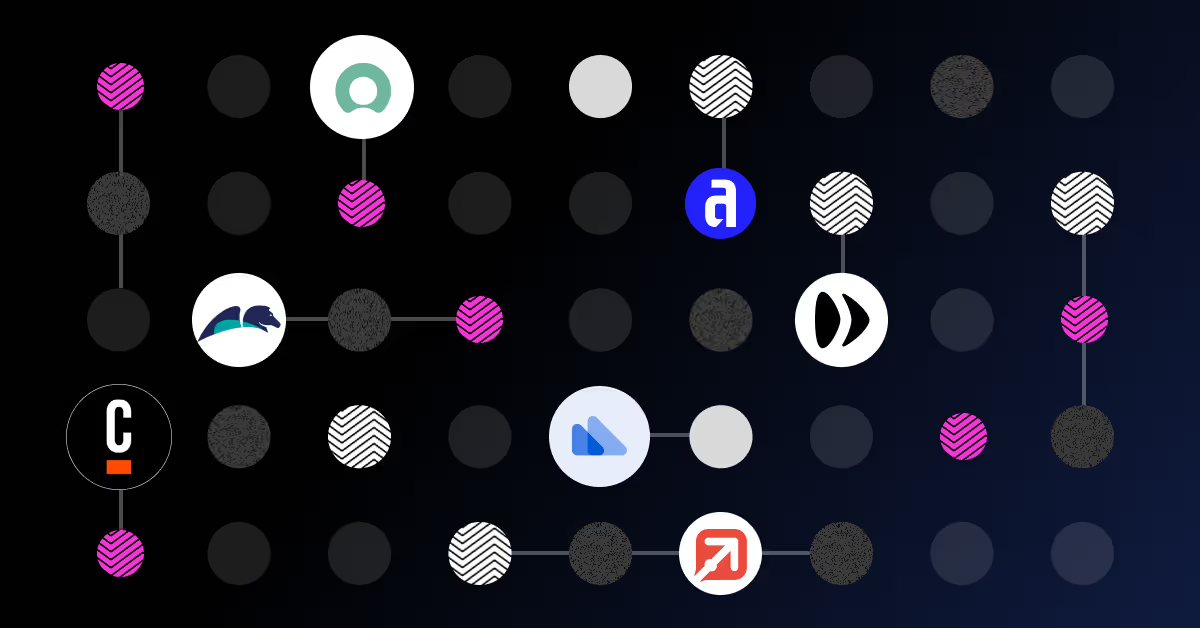7 considerations when choosing an AI tool for your business (2026)

At the time of writing, there are over 10,000 AI businesses peddling their wares and promising the earth. For good reason, too: The AI market is currently valued at over $196 billion. In such a crowded marketplace, business leaders are faced with the difficult task of distinguishing genuine value from empty promises when choosing which tool to buy.
To help you make an informed judgement call, we’ve called on our in-house experts to distill the absolute must-haves when buying an AI tool. Here’s AI expert and engineer, Kit Cox and our Head of AI Research & Development, Sam Ward with their advice.
1. Ease of use
User adoption is crucial for any AI tool to work as intended and reach its full potential. Companies that focus on user-friendly AI solutions generally see a 20% success rate. When considering AI tools for your business, ensure that they offer a simple user experience that your team can easily incorporate into their existing processes.
2. Total cost of ownership
AI tools can have complex pricing structures that extend far beyond the initial purchase price. Hidden costs can include subscription fees, customisation charges, and integration costs. To make a sound investment, estimate the total cost of ownership (TCO) and ensure it aligns with your financial and operational goals.
3. Vendor reputation
In a market saturated with AI tools, reputation tells you everything that you need to know about product quality and reliability. Look beyond flashy marketing to find evidence of the tool's performance in real-world scenarios. Vendors with strong reputations won't hesitate to provide detailed case studies showing measurable results in similar businesses.
4. Speed to value results
All the AI tools worth buying are all able to provide real, measurable results in a relatively short time-frame. Aim for 3-6 months as a benchmark. Whether it’s increased productivity, reduced operational costs, or better customer satisfaction that you want to see, the tool you choose should come with evidence of its effectiveness. Don't rely on promises alone. Always request to see data and metrics that demonstrate real-world success.
5. Safety and privacy
You only have to look at the epic Crowdstrike fail from earlier this summer which cost an estimated $500 million to recognise that having watertight measures in place is absolutely paramount. Ensure the vendor has practices like data encryption, regular security audits, and compliance with industry regulations like GDPR.
6. Seamless integrations
Integration capability is often the make-or-break factor for AI tools. A tool that requires significant reconfiguration of your existing systems may cause more problems than it solves. Prioritise tools that can easily integrate with your current technology stack, allowing you to start benefiting from the tool immediately, rather than taking ages to get started.
7. Commercial clarity
It’s essential to understand what you’re getting for your money. Whether the tool is offered as a subscription, a one-time purchase, or on a usage basis, ensure that the cost structure is clear and transparent. Be mindful of potential additional costs, such as support or upgrade fees, and make sure these align with your budget.
Remember…
Buying an AI business tool isn’t about jumping on the latest tech trend; it’s about improving your operations and working faster and smarter. Before buying an AI tool, ensure that your business has a clear understanding of its objectives and the problems it aims to solve with AI. This clarity will guide your selection process and help you choose a solution that delivers genuine business value.








